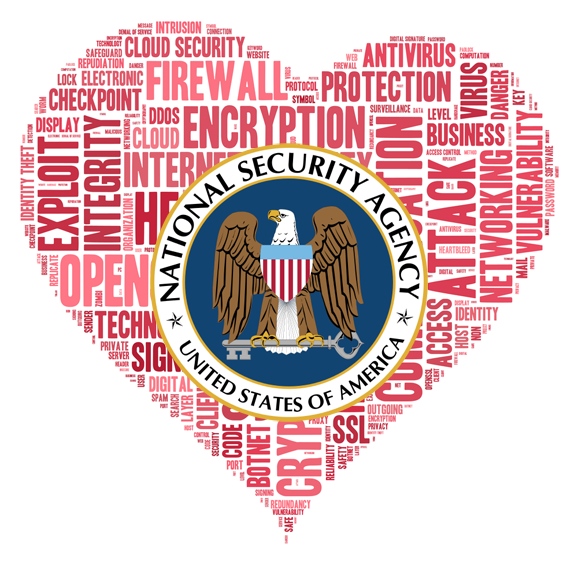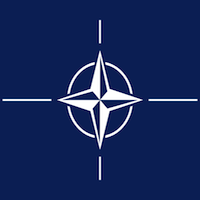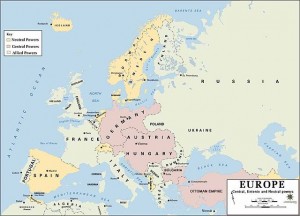Apparently I haven’t delved to the deep dark depths of the National Basketball Association, because it came as a bit of surprise to me that Los Angles Clippers owner Donald Sterling is a massive, old-fashioned racist. Sterling’s former girlfriend(?) V. Stiviano leaked a bizarre audio tape, in which he gets angry she had taken an Instagram picture with basketball legend Magic Johnson (!) and Dodgers outfielder Matt Kemp. By the end of the tape, he’s expressing a plantation-owner mentality towards his black players:
V: Do you know that you have a whole team that’s black, that plays for you?
DS: You just, do I know? I support them and give them food, and clothes, and cars, and houses. Who gives it to them? Does someone else give it to them? Do I know that I have—Who makes the game? Do I make the game, or do they make the game? Is there 30 owners, that created the league?
Uhhh….. I’m pretty sure Chris Paul and Blake Griffin could easily find another owner to pay their salaries. And I’m pretty sure Clippers fans are flocking to LA’s long-forgotten basketball team to watch Paul, Griffin and Doc Rivers, not to thank Sterling for decades of terrible ownership. Speaking of Doc, I’m wondering how much he knew about this situation, given that he once played for the Clippers. He has refused a phone call with Sterling, and seems focused on getting past a pesky Warriors team before he really takes on this firestorm.
But forget basketball for a second — Sterling’s racism has real-world impacts. He’s a slumlord who has targeted blacks, Hispanics, and families with children for eviction, getting himself convicted in the largest ever housing discrimination settlement.
But to get the whole bizarre picture, you really need to listen to the full audio. It’s sounds like a parody of a nurse attempting to understand the antebellum views of a senile geezer. His entire premise on why people of different ethnicities can’t be friends comes down to culture — that’s the way it is — a nice little circular argument that I have actually heard from someone who styled themselves as intelligent. I’m sorry but “the culture” has changed a lot since Sterling bought the team in the 80s. I love this particular section, where they go full Godwin:
V: It’s like saying, “Let’s just persecute and kill all of the Jews.”
DS: Oh, it’s the same thing, right?
V: Isn’t it wrong? Wasn’t it wrong then? With the Holocaust? And you’re Jewish, you understand discrimination.
DS: You’re a mental case, you’re really a mental case. The Holocaust, we’re comparing with—
V: Racism! Discrimination.
DS: There’s no racism here. If you don’t want to be… walking… into a basketball game with a certain… person, is that racism?
Yes.
In another interesting bit, Sterling, nee Tonkowitz, talks about how “black Jews” are treated like “dogs.” Black Jews? Maybe he’s thinking of Palestinians?
Oh and also there’s a section where Sterling says Stiviano (who is black and Mexican) is a nice “white or Latina girl.” He needs to step up his slave-master game, because they certainly were under no impressions they were sleeping with white women.
The other NBA owners and new commissioner Adam Silver need to force this guy out as fast as possible. We don’t need another Marge Schott situation, where it took the better part of a decade to oust the Nazi-loving owner of the Cincinnati Reds. At least Eric Miller, Sterling’s son-in-law and Director of Operations for the Clippers, called Sterling’s comments “deplorable and disgusting” in a statement that could cost him a job.
If Donald Sterling still wants to own a team, he picked the wrong league. Not only is the NBA largely black, basketball is a global sport with a growing following in Asia, Africa, South America, in addition to Europe. The NBA already has had stars from China, Argentina, and Germany. The new faces of basketball are fundamentally incompatible with Donald Sterling’s plantation mindset and the NBA needs to force him out immediately.




 One such recent gem was
One such recent gem was 

 The Crimea annexation has raised a crucial question: What is the world to do when a country with a large military and nuclear weapons decides to end a (voluntary, it turns out) period of non-aggression toward its neighbors?
The Crimea annexation has raised a crucial question: What is the world to do when a country with a large military and nuclear weapons decides to end a (voluntary, it turns out) period of non-aggression toward its neighbors? 